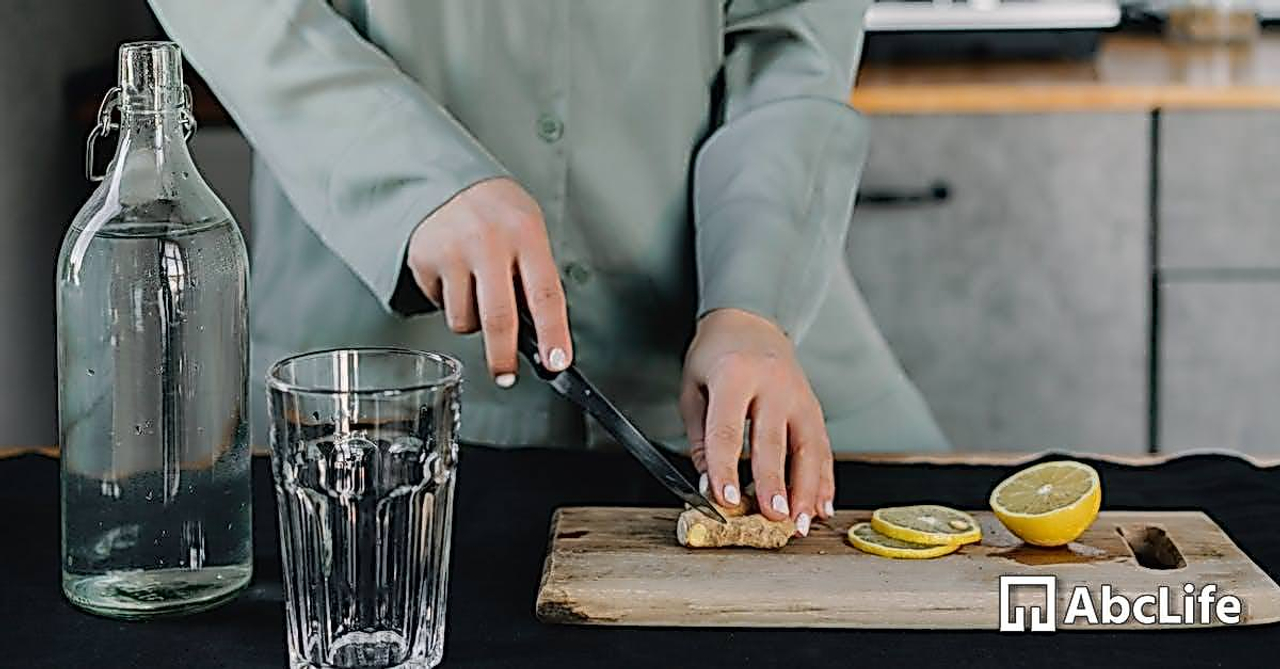5 Easy Stress Management Techniques on a Budget
Do you suffer from stress and anxiety but find that expensive relaxation techniques such as massages or spa days are out of your price range? Don't worry; there are numerous inexpensive ways to manage stress and improve your mental health. In this article, we'll look at 5 simple stress-reduction techniques that won't cost you a fortune. These tips, which range from deep breathing exercises and meditation to creative outlets and spending time in nature, are accessible to anyone, regardless of financial constraints. Incorporating these relaxation techniques into your daily routine can boost your overall wellbeing and help you manage stress more effectively. Continue reading to learn more about these stress-reduction strategies that prioritize both your mental health and your budget!
Deep Breathing Exercises for Stress Management

Deep breathing exercises are a simple and effective stress and anxiety management technique. These exercises are designed to help you slow down your breathing and relax, allowing you to feel calmer and more centered.
Find a quiet and comfortable place to sit or lie down to practice deep breathing exercises. Close your eyes and inhale deeply through your nose, filling your lungs with air. Hold your breath for a few seconds before slowly exhaling through your mouth, releasing all of the air from your lungs.
Repeat for several minutes, focusing on your breath and allowing your thoughts to wander. To enhance the relaxation benefits of deep breathing exercises, try visualizing a peaceful scene or repeating a calming word or phrase.
Benefits of Deep Breathing Exercises
Beyond stress reduction, deep breathing exercises have numerous advantages. These exercises can help you lower your blood pressure, improve your digestion, and sleep better. They can also increase feelings of focus and clarity, allowing you to remain calm and focused in stressful situations.
Deep breathing exercises are also completely free and can be done anywhere, making them an excellent stress management tool for those on a tight budget. Deep breathing exercises should be done on a regular basis to reap the full benefits and improve your overall health and well-being.
Meditation and Mindfulness Practices: Effective Stress Reduction Tools

Meditation and mindfulness are ancient techniques that have gained popularity in the modern world due to their ability to reduce stress and promote well-being. Paying attention to the present moment is what mindfulness entails, whereas meditation is a focused practice that trains the mind to increase awareness, concentration, and relaxation.
Regular meditation and mindfulness practices, according to research, can help to reduce stress, anxiety, and depression. These practices may also help with sleep, the immune system, and cognitive function. Furthermore, mindfulness practices can aid in the development of resilience and emotional intelligence.
Mindfulness and Meditation Techniques for Stress Reduction
1. Body Scan Meditation: Sit or lie down in a quiet place and close your eyes. Pay attention to your breathing and any sensations in your body. Scanning your body slowly from the top of your head, notice any areas of tension or discomfort. Allow your breath to flow through each area, exhaling to release tension.
2. Mindful Breathing: Sit comfortably and pay attention to your breathing. Feel the air entering your nostrils and filling your lungs as you inhale. Feel the tension in your body release as you exhale. If your thoughts wander, gently bring them back to your breath.
3. Walking Meditation: Go for a walk in a quiet, peaceful area. Pay attention to the sensation of your feet touching the ground, your body movement, and the sounds around you. Bring your attention back to your physical sensations if your mind wanders to thoughts or distractions.
Regular mindfulness and meditation practice can help you reduce stress and improve your overall well-being.
Creative Outlets: Art, Writing, or Music
Art, writing, and music are all examples of creative outlets that can help you manage stress and improve your mental health. Art therapy, for example, has been shown to assist people in dealing with anxiety, depression, and trauma. It has been proven that engaging in creative activities helps to regulate emotions and improve overall well-being.
Writing can also be used as a therapeutic tool to help people process their emotions and manage stress. Journaling can help to clarify thoughts and feelings as well as release tension. Music therapy has also been shown to boost mood and alleviate stress. Listening to calming music can help to reduce stress hormones and promote relaxation.
Overall, incorporating creative outlets into your daily routine can be a cost-effective stress-reduction strategy. To relieve stress and improve your mental health, work on an art project, write in a journal, or listen to your favorite music.
Nature walks and outdoor activities
Nature walks and outdoor activities can be an excellent way to relieve stress while also getting some exercise. A walk in nature provides a peaceful respite from the hustle and bustle of daily life. Fresh air, sunshine, and wildlife can all help to relax the mind and body. Spending time in nature has been shown in studies to lower cortisol levels, reduce anxiety and depression, and improve overall mood.
Depending on your interests and location, there are numerous outdoor activities to choose from. Hiking, biking, swimming, kayaking, or simply strolling through the park are all excellent options. Aside from stress relief, these activities can also provide a sense of accomplishment and boost self-esteem. The best part is that they are usually inexpensive or even free! So, the next time you're feeling overwhelmed, take a break and go outside. Your mind and body will be grateful.
Yoga and Stretching Routines for Stress Management
Yoga and stretching routines have been shown to be effective in stress management. Yoga incorporates physical poses, breathing exercises, and meditation techniques to improve both mental and physical health. It can also lower cortisol, the body's stress hormone.
Some yoga poses, such as the child's pose, the downward dog, and the cat and cow stretch, can help relieve neck, shoulder, and back tension. These poses also aid in the improvement of blood flow and the reduction of inflammation in the body. Yoga is also a good way to calm the mind and focus on the present moment, which can help with stress management.
Stretching, on the other hand, can aid in the relief of muscle tension, the improvement of flexibility, and the promotion of relaxation. Simple stretches such as shoulder shrugs, neck rolls, and arm circles can be done at your desk or at home to help relieve stress throughout the day.
Including yoga and stretching routines in your daily routine can be a cost-effective way to manage stress. There are numerous free online resources available, including yoga classes on YouTube and stretching routines that can be downloaded for free. Stretching or practicing yoga for a few minutes each day can help reduce stress and improve your overall health and well-being.
Diet and Nutrition Considerations
Diet and nutrition are important factors in stress management. Eating a well-balanced diet rich in essential nutrients and vitamins is critical not only for physical health but also for promoting emotional well-being.
First and foremost, it is critical to avoid as much processed and junk food as possible. These foods can cause inflammation in the body, which is a major cause of stress and anxiety. Instead, prioritize a diet rich in fresh fruits and vegetables, lean protein, whole grains, and healthy fats. These food groups are critical for neurotransmitter production, blood sugar regulation, and inflammation reduction.
Additionally, staying hydrated and limiting caffeine and alcohol consumption can aid in stress management. Caffeine and alcohol are frequently triggers that exacerbate anxiety symptoms. Meanwhile, drinking enough water will help keep your mind and body functioning optimally, allowing you to deal with stressors more effectively.
Aromatherapy and herbal teas for stress management
Aromatherapy and herbal teas are both effective and inexpensive stress-reduction methods. Aromatherapy makes use of essential oils derived from plants to promote relaxation and alleviate anxiety. The effects of essential oils vary; for example, lavender oil is known for its calming properties, whereas peppermint oil can help with headaches and fatigue.
Using a diffuser is one way to incorporate aromatherapy into your daily routine. A few drops of your favorite essential oil in a diffuser can help you create a relaxing environment in your home or office. To relieve stress, add a few drops of essential oil to a warm bath.
Similarly, herbal teas can help to relax both the mind and the body. The calming properties of chamomile, valerian root, and passionflower teas are well known. A warm cup of tea can provide a moment of relaxation during a hectic day. Herbal teas can also improve sleep quality, which is important for stress management.
Aromatherapy and herbal teas are simple and inexpensive to incorporate into your stress management routine. You can relieve stress and improve your overall well-being by taking a few minutes each day to relax and breathe in the calming scents of essential oils while sipping on a warm cup of herbal tea.
Organizing and Decluttering Your Space
Organizing and decluttering your living space is one of the most effective ways to manage stress. A cluttered home or office can increase stress and make it difficult to relax and concentrate. You can create a calmer and more peaceful environment by simply clearing out unnecessary items and organizing your belongings.
Begin by identifying areas of your home that require decluttering. Examine each item and consider whether it is something you truly require or use on a regular basis. If not, think about donating or selling it. After you've reduced your possessions, devise a system for keeping everything organized. This can include shelves, storage containers, or simply clearly labeling items. By designating a location for everything, you can save time and mental energy spent searching for misplaced items, which can be a major source of stress.











